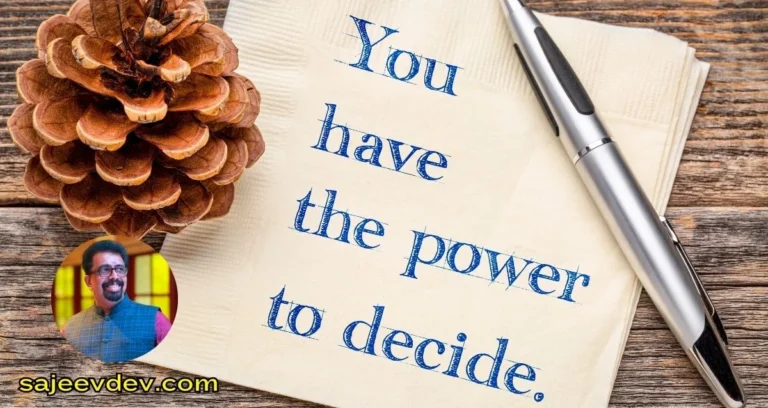
“UNSC Sends Strong Message: Pahalgam Investigation Cannot Allow Terrorism!” 2025
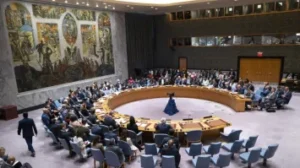
A terrible terrorist attack rocked the tranquil Pahalgam valley, a popular tourist destination in Jammu and Kashmir, on April 26, 2025. India and the rest of the world were rocked by the assault’s savagery, which left a community in mourning and claimed innocent lives. The United Nations Security Council (UNSC) responded with a strong and unambiguous denunciation, demonstrating a global commitment to fight terrorism in all of its manifestations. This blog explores the Pahalgam attack’s ramifications, the UNSC’s response, and the pressing need for justice and accountability.
Thunderbolts
The Pahalgam Tragedy: A Wake-Up Call
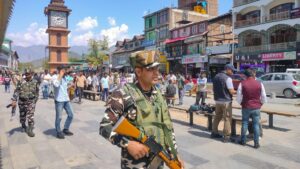
Both locals and visitors have long found refuge in Pahalgam, which is renowned for its serene atmosphere and stunning scenery. The recent terror attack, however, turned this picturesque location into a place of anarchy and sorrow. Digital footprints that can be traced back to Karachi indicate that the attack was carefully planned, according to reports that have been making the rounds on X. Suspicions of Pakistan’s involvement were heightened when the Resistance Front (TRF), a known front for the outlawed Lashkar-e-Taiba (LeT), claimed responsibility.
In addition to attacking defenceless civilians, the attack sought to destabilise the area, threaten Indian sovereignty, and sabotage the tenuous peace process in Jammu and Kashmir. The seriousness of this incident could not be overlooked by the international community, which is already struggling with the ongoing threat of terrorism. The UNSC’s prompt action demonstrated the global agreement that such violent acts are intolerable and require forceful response.
UNSC’s Resounding Condemnation
The UNSC strongly denounced the Pahalgam attack in a press release on April 26, 2025. The statement reiterated that “terrorism in all its forms and manifestations constitutes one of the most serious threats to international peace and security” and offered the families of the victims its “deepest sympathy and condolences.” The Council demanded that the sponsors, financiers, organisers, and offenders be held responsible and prosecuted.
The 15-member Council, led by France, the current president of the UNSC, emphasised that terrorists cannot find a safe haven. This united front served as a potent rebuke to those who wish to sow division and fear. According to @lakshmiunwomen on X, the UNSC’s declaration was a “clarion call” to find, bring charges against, and punish all parties involved, with no room for pardons or forgiveness.
The UNSC’s response served as a reminder of the global community’s commitment to combating terrorism and was more than just a formality. A clear message was conveyed by the Council’s insistence on accountability: terrorism will not be accepted, and those who commit it will be held accountable.
Pakistan’s Role Under Scrutiny
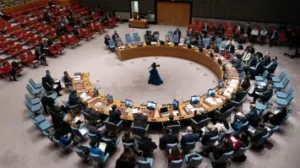
Although the UNSC did not specifically name any organisations in its statement, posts on X reveal a heated discussion about Pakistan’s purported involvement. Pakistan is said to have played a significant role in the attack’s planning and execution, according to intelligence intercepts and digital evidence. In addition, there were concerns about Pakistan’s diplomatic ploys at the UNSC. Despite the TRF’s claim of responsibility, Pakistan was able to get the UNSC statement to omit any reference to the group. This omission was perceived as an effort to avoid taking direct responsibility.
India, for its part, has been vocal in pointing to Pakistan’s complicity. Diplomatic briefings to foreign envoys and statements from Indian officials have emphasized the need for global cooperation to address cross-border terrorism. The UNSC’s call for accountability aligns with India’s long-standing demand that Pakistan dismantle terror networks operating from its soil.
Diplomatic Ripples and Global Reactions

There was a rush of diplomatic activity after the Pahalgam attack. By interacting with his counterparts in India and Pakistan, the foreign minister of Saudi Arabia demonstrated the Kingdom’s desire to reduce tensions. While U.S. President Donald Trump, in typical fashion, implied that India and Pakistan would “figure it out,” Iran offered to mediate. The intricate geopolitics surrounding the attack are reflected in these reactions, as international powers manage their relations with both countries.
However, the UNSC’s statement was notable for its moral weight and clarity. The Council established a standard for the international community’s response to terrorism by denouncing the attack and calling for justice. A reminder that terrorism is a worldwide threat necessitating cooperation beyond bilateral conflicts was also included in the statement.
The Path Forward: Justice and Resilience
Although the UNSC’s forceful message is a positive step, words by themselves are insufficient. The Pahalgam attack investigation needs to be exhaustive, open, and persistent. The international community needs to do more, even though India has already taken action to brief foreign envoys and provide proof of external involvement. To break up the networks causing these attacks, sanctions, diplomatic pressure, and concerted law enforcement actions are necessary.
The attack serves as a sobering reminder to India of the difficulties in maintaining border security and promoting peace in Jammu and Kashmir. As @lakshmiunwomen pointed out, fear cannot shatter the Indian people’s tenacity. To stop future attacks, it will be essential to fortify counterterrorism policies, improve intelligence sharing, and form global alliances.
The UNSC’s position should inspire action against terrorism on a global scale. It is especially important that the Council calls for the prosecution of the sponsors and financiers in addition to the foot soldiers. LeT and other terrorist groups depend on intricate financial and support networks that frequently span several nations. It takes consistent, multilateral cooperation to disrupt these networks.
A Call to Action
The terror attack in Pahalgam serves as a sobering reminder that the war on terrorism is far from over. A strong signal is sent by the UNSC, but it needs to be supported by tangible action. To make sure that terrorism doesn’t gain traction, the international community must unite behind the values of justice, accountability, and solidarity.
The international community must do more than offer condolences to the residents of Pahalgam and the victims of this senseless violence. It must uphold the principles of humanity and peace, bring about justice, and re-establish security. The international community must support India throughout the investigation, hold those responsible accountable, and make it clear that terrorism will never succeed.


